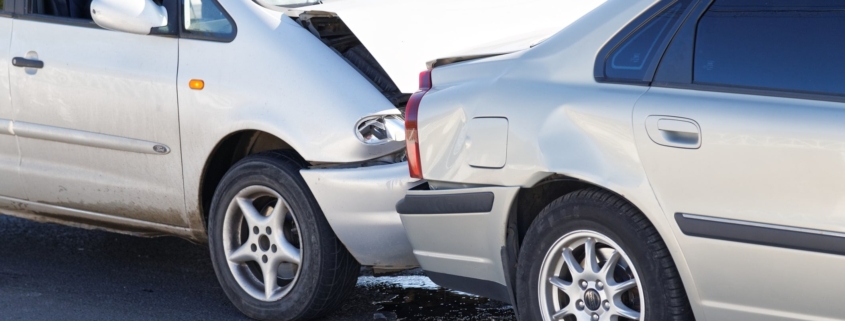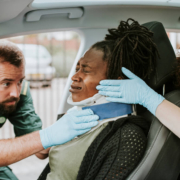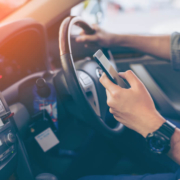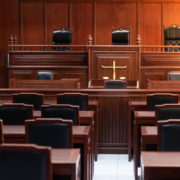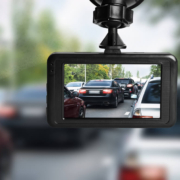The Importance of Keeping Accurate Records in a Car Accident Case
You’ve been involved in a car accident, so you already have too much on your to-do list. Finding out that you’re supposed to be keeping records of the crash may feel like too much to handle. However, documenting the crash and saving important records can really help when it comes time to start your personal injury claim.
At Gardner Law Firm, we know how best to use your records and other forms of evidence to build a case against the other party. Call Gardner Law Firm at 228-900-9618 to set up a time to talk to our Biloxi car accident lawyers.
Records to Keep for Your Car Accident Claim
When involved in a car accident, keeping accurate and detailed records is crucial for building a strong case and seeking fair compensation. The following are essential records to collect and maintain after a car accident:
- Accident details: Write down the date, time, and location of the accident. Include a description of the road and weather conditions at the time of the incident, as well as anything unusual you notice. This includes things like obscured road signs or malfunctioning traffic lights.
- Police report: Get a copy of the official police report. This document contains important information about the accident, including the officer’s observations, statements from involved parties, and any citations.
- Contact information: Gather the names, phone numbers, and insurance information of all parties involved in the accident.
- Medical records: Keep a record of all medical treatments and expenses related to the accident. This includes hospital visits, diagnostic tests, medications, rehabilitation sessions, and any future medical appointments.
- Photographic evidence: Take photographs of the accident scene, vehicle damage, injuries, and any contributing factors such as skid marks or road hazards. Visual evidence can be invaluable in proving liability and illustrating the extent of damages.
- Witness statements: If there were witnesses to the accident, obtain their contact information and statements regarding what they saw. Witness testimony can provide additional evidence and support your version of events.
- Correspondence: Keep copies of all correspondence related to the accident, including emails, letters, and text messages exchanged with insurance companies, medical providers, and other involved parties.
How These Records Support Your Claim
Detailed records help establish who was at fault for the accident. Police reports, witness statements, and photographs provide objective evidence of the circumstances surrounding the collision. This evidence can refute false claims and strengthen your position when negotiating with insurance companies or presenting your case in court.
Medical records and bills, along with photographs of injuries and vehicle damage, provide tangible evidence of the physical, emotional, and financial impact of the accident. These records quantify your losses, such as medical expenses, lost wages, and pain and suffering, enabling you to seek appropriate compensation.
Accurate records help maintain consistency and credibility throughout your claim process. When providing a detailed account of the accident and your injuries, supported by evidence, it enhances your credibility as a reliable and organized individual. This consistency strengthens your position when dealing with insurance adjusters or presenting your case to a jury.
Insurance companies often request documentation to process your claim. By keeping accurate records, you can provide the necessary information promptly, minimizing delays or disputes. Thorough documentation also prevents any miscommunication regarding the extent of your injuries and damages.
Protecting Evidence to Strengthen Your Case
To ensure the effectiveness of your records, it is essential to protect and preserve the evidence. Consider the following tips:
- Store records securely: Keep physical copies or scanned versions of all records in a safe and easily accessible location. Use cloud storage or external hard drives for digital files, ensuring redundancy and protection against loss or damage.
- Avoid alterations: Do not alter or modify any documents, photographs, or other evidence. Any tampering with evidence can negatively impact the credibility of your claim and potentially lead to legal consequences.
- Maintain a journal: Keep a journal to record your daily experiences, pain levels, and emotional struggles following the accident. This personal account can provide additional context and serve as a reflection of the ongoing impact of the accident.
- Pass evidence along to your attorney right away: The sooner you hand evidence over to your lawyer, the less you have to worry about it.
Start Your Claim with Gardner Law Firm
Are you ready to seek compensation for your injuries? Let’s get started. Set up a free consultation with our team now by reaching out online or giving us a call at 228-900-9618.

